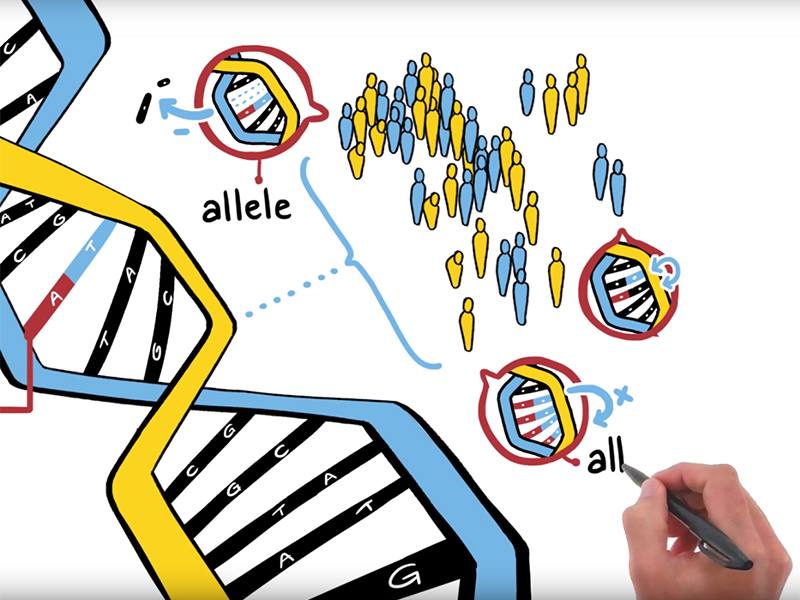In a world where genetic testing and technology are the go-to answer, the value in an old-fashioned family history can get lost.
But genetic counselors and physicians swear by it. It’s still the most effective tool to determine health risks.
“People are constantly talking about, ‘Well, I want a test for this’ or ‘I want to know that.’ And while these tests are helpful, family history is still important,” says Megan Bell, a genetic counselor at Sanford Health. “We use it to understand health risks and concerns, to find out what ages someone in a family was diagnosed with a condition and what lifestyle choices occur. For example, is the person or family member a smoker or working in the sun? More than just health problems, we are finding out what their lives were like.”
Looking for more stories like this? Subscribe to our newsletter
While genetics contributes to health risks, there are often multiple factors that impact why a condition occurs. Three main factors drive disease risk: behavior, environment and genetics.
“A family history encompasses all three — it gets into the details,” Bell says. “Families often share the same diet, or there could be secondhand smoke exposure. Families grow up or live in the same areas, so if there’s a chemical in the water, that could be important. Although people do have conditions specific to just them, we are trying to get as much information and data as possible for a complete overview.”
The more detailed a family history, the better. Specific information for each member of the family is helpful, even for those who are seemingly healthy or who didn’t have any health conditions.
Talking to your family
Obtaining health information can be challenging and often requires health-specific conversations with relatives. For some, the idea of talking to a family member about health conditions may be difficult or uncomfortable. And some families don’t have very many living relatives or the individuals aren’t close.
“People can get discouraged when they’re not close to their family, there aren’t any living relatives or if there wasn’t documentation,” says Bell. “But that’s not the end of the story. You have the ability to empower your own family in the future. You can’t go back in time, but we can start things fresh now.”
Bell encourages patients to share health information with the next generation — with their siblings and their children. Keeping their family information updated will create a new pattern for being more informed about health issues in the family.
“If there isn’t a person in the family keeping track, you can become that person,” adds Bell. “You can track down health records, talk to family members and then compile the information in a way that everyone can use. Or if you don’t think you are the right person, find that person in the family who has an interest.”
Why it matters
Family history is documented by genetic counselors into a pedigree, the genetics version of a family tree. This information is then available for health care providers working with the family in the future. It is the patient’s responsibility to keep this information up-to-date and to inform his or her provider of any changes.
“When talking about family history and genetics, people sometimes see it as futile. If it’s in their family, they are bound to get it,” says Bell. “But I see it as the opposite.
“If heart disease runs in your family, you might have some genetic risk factors. But let’s take the behavior and environment pieces and try to change them. We can’t change our genetics, but we can change behavior and environment, for the most part. Rather than seeing genetics as an inevitable thing, let’s see about making life changes to reduce risk. Genetic counselors and providers are here to help you accomplish this.”
Learn more
- Family matters: Inheriting high cholesterol
- Family history and role models prompt healthy changes
- Which genetic tests are out there? A comparison
…
Posted In Genetics, Health Information, Healthy Living, Research

